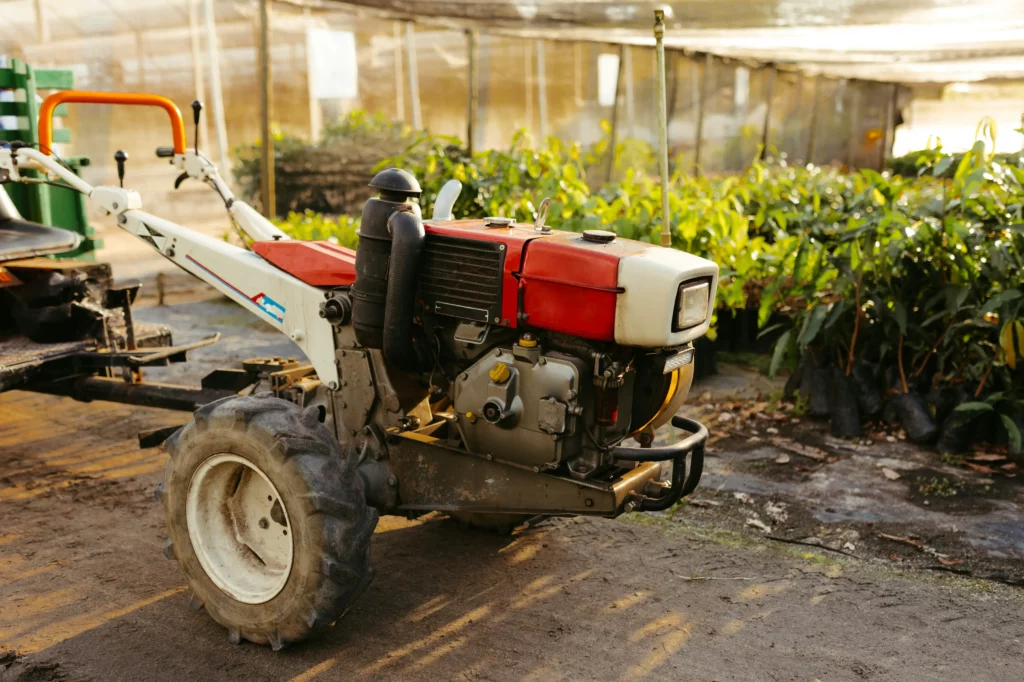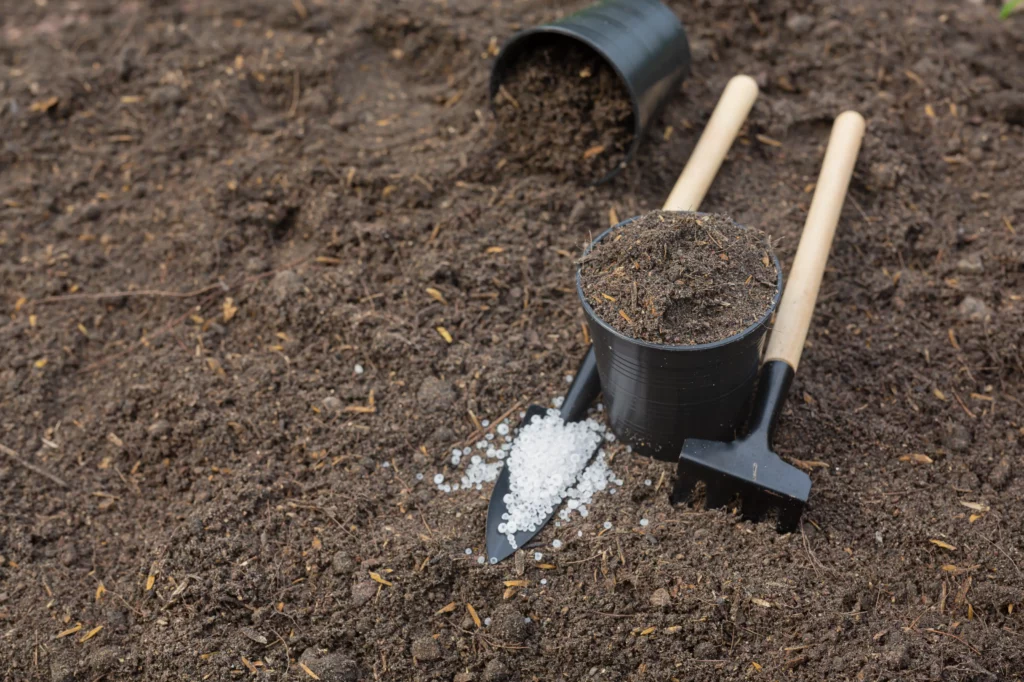
In an era where environmental concerns are paramount, sustainable agriculture stands as a crucial practice for the future of farming. Traditional farming, while productive, often leads to environmental issues. Sustainable agriculture offers a solution by conserving resources, enhancing soil health, and reducing carbon footprints, thereby addressing climate change. This guide will cover best farming practices associated with sustainable farming, helping farmers embrace this vital transition for our planet’s health and the well-being of future generations.
Sustainable Soil Management

Sustainable soil management practices are the foundation of sustainable agriculture. The maintenance of soil health is critical for the long-term viability and productivity of agricultural systems. This section delves into various practices and strategies to effectively enhance and manage soil health.
- Crop Rotation: Crop rotation is a time-tested practice that involves growing different types of crops in the same area across a sequence of seasons. This practice helps in preventing nutrient depletion, as different crops have varying nutrient requirements and contributions.
- Cover Crops: Cover crops, such as clover or rye, are planted during off-season times when the soil might otherwise be left bare. These crops play a vital role in improving soil structure, enhancing nutrient content, and preventing soil erosion. They act as a natural blanket for the soil, protecting it from erosion while also fixing nitrogen levels in the soil, which benefits subsequent crops.
- Organic Farming Practices: Organic farming is an integral part of sustainable soil management. This approach avoids the use of synthetic fertilisers and pesticides, relying instead on natural processes and materials to maintain soil fertility and plant health. Organic farming for sustainable agriculture not only nurtures healthy soil but also supports biodiversity and ecological balance within agricultural systems.
Water Conservation Management

Water conservation methods in agriculture are critical components of sustainable agriculture, playing a pivotal role in ensuring the efficient and responsible use of water resources. This section expands on various strategies and techniques that can be employed to optimise water usage in farming.
- Rainwater Harvesting: Capturing and storing rainwater for agricultural use is a key strategy in sustainable water management. This technique involves collecting rainwater from roofs, greenhouses, or other surfaces and storing it for later use. Rainwater harvesting helps in reducing reliance on groundwater and surface water sources, providing an alternative supply during dry periods.
- Water-Efficient Crop Selection: Choosing crops that are naturally more drought-resistant or suited to the local climate can significantly reduce water demand. Some crops require less water and are more tolerant of water stress, making them ideal for regions with water scarcity.
- Irrigation Scheduling: Efficient irrigation scheduling involves watering crops at the right time and in the right amount. This can be achieved through soil moisture sensors, weather forecasts, and crop water requirement calculations. Proper scheduling helps in avoiding over-irrigation and water wastage.
Renewable Energy and Farm Machinery

The integration of renewable energy sources into farming practices plays a crucial role in reducing reliance on fossil fuels. Employing energy-efficient farm machinery that is appropriately scaled to the size of the operation can further diminish the carbon footprint and operational costs. Solar and wind energy, in particular, offer significant benefits:
Solar Energy in Agriculture:
- Solar-Powered Equipment: Utilising solar panels to power farm equipment reduces reliance on conventional energy sources.
- Solar Water Pumps: These pumps are efficient for irrigation, reducing electricity costs and enhancing water conservation.
- Solar-Powered Greenhouses: They can maintain optimal temperatures for crop growth, extending the growing season.
Wind Energy in Agriculture:
- Wind Turbines: Installing wind turbines on farmland can generate electricity for farm operations, with surplus energy often sold back to the grid.
- Wind-Powered Water Pumps: These are useful for irrigation and livestock watering, especially in remote areas.
Biostimulants and Sustainable Agriculture

Incorporating biostimulants into sustainable agriculture practices is an effective way to enhance plant growth and resilience. These substances, including humic acids, beneficial microorganisms, and notably seaweed extracts, boost nutrient efficiency and stress tolerance in plants.
Seaweed extracts are a potent form of biostimulant, rich in minerals, vitamins, and amino acids. They are known for:
- Enhanced Growth and Yield: Promoting vigorous growth and higher yields due to their rich composition of nutrients and growth-stimulating hormones.
- Improved Stress Tolerance: Offering protection against abiotic stresses like salinity, drought, and temperature extremes.
In addition to these, biostimulants provide the following benefits:
- Improved Nutrient Uptake: Enhancing plant absorption of nutrients, reducing the need for chemical fertilisers.
- Stress Resilience: Helping plants withstand environmental challenges like drought or extreme temperatures.
Farmers can apply these biostimulants, including seaweed extracts, through sustainable farming methods like foliar sprays or soil amendments. These practices align well with sustainable agriculture techniques such as crop rotation and integrated pest management. The adoption of biostimulants, especially seaweed extracts, contributes significantly to a more ecologically balanced and productive agricultural system, essential for sustainable crop production.
Transitioning to sustainable agriculture is more than a choice; it’s imperative for ensuring a resilient and viable future in farming. By adopting farming sustainable practices, farmers not only contribute to the health of the planet but also ensure their economic stability and support the social fabric of their communities. Companies like Brandon Bioscience, a marine biotechnology firm specialising in precision biostimulants, exemplify this transition.
With 26 years of experience in sustainable agriculture and their innovative Plant Signal Induction (PSI®) Technology, Brandon Bioscience is at the forefront of enhancing crop yields and quality while respecting the environment. This guide aims to be a valuable resource in this transformative journey, helping farmers adapt and thrive in an ever-evolving agricultural landscape, supported by advanced, eco-friendly technologies and practices.




